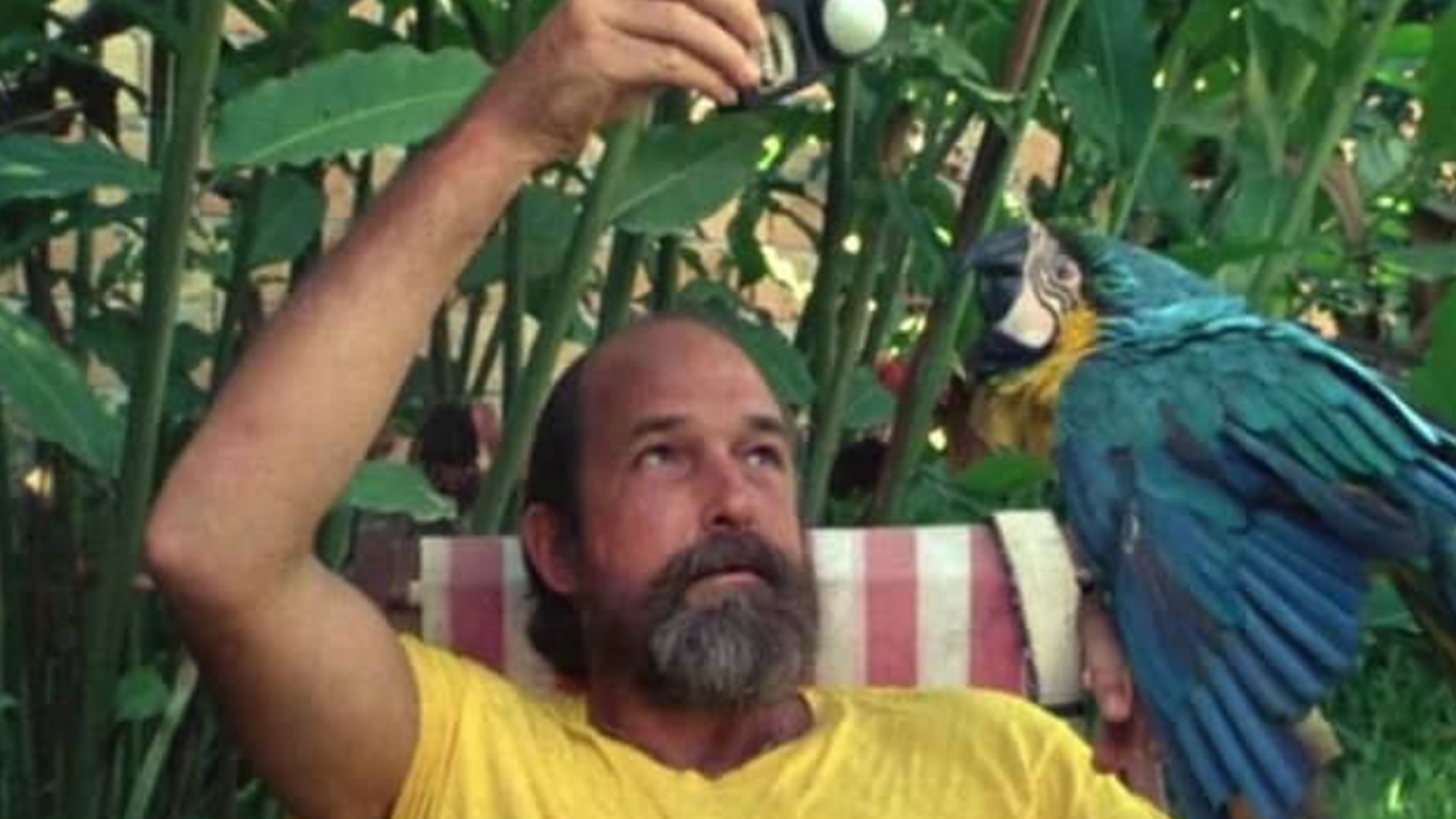I don’t know about you, but for me things are pretty much back to 2016 levels of dread… maybe even worse. So this week, I’m here to give you a glimpse of five movies featuring people trying to find some hope, some salvation, or just a moment of peace and quiet, in difficult, sometimes insurmountably bleak circumstances. It helps to know we’re not as alone as we may sometimes fear.
—Soham
The African Who Wanted to Fly (dir. Samantha Biffot, 2016)
via African Film Festival New York (free)
As a young man in Gabon, Luc Bendza was so obsessed with becoming a kung fu master that he decided to travel and enter the legendary Shaolin Temple in Denfeng at the age of 15. Biffot follows Bendza’s journey from young African boy to Shaolin student and, eventually, actor in martial arts films—through film clips, footage of Bendza in competition, and interviews. As fun as watching a kung fu match.
The African Film Festival is a festival and arts organization dedicated to advancing an enhanced understanding of African culture through cinema.
Tehran Taxi (dir. Jafar Panahi, 2015)
via MUBI ($10.99/mo subscription)
Like a lot of his fellow contemporary Iranian filmmakers, Jafar Panahi has struggled against oppressive government tactics, including house arrest, in order to continue making cinema. After the film he made while under house arrest, This is Not a Film—which was shot entirely on a phone—in Tehran Taxi the director rents a taxi, sets his camera on the dashboard, and takes us on a sociopolitical tour of the Iranian capital, conversing with passengers he picks up. The film effortlessly dispels the biases and stereotypes of Iranian people, and their relationship to their religion and to their government. It’s a beautiful portrait of the city, and an innovative piece of filmmaking blending narrative, documentary, and improvisation with a simple, clever concept that should serve as an inspiration to filmmakers everywhere who may feel they don’t have the liberty or resources to make great cinema. Tehran Taxi is a cinematic manifestation of the adage, “show me a 50-ft wall, I’ll show you a 51-ft ladder”.
MUBI is an independent website with a self-proclaimed “ruthless” approach to streaming. They present a new film each day, it lasts for 30 days, and then it goes away.
A Thousand Cuts (dir. Ramona S. Diaz, 2020)
via AFI Silver Theater ($12 rental), or support your local independent theater here
With so many horrors happening in the world all at once, the violent fascist crackdown on innocent civilians by Philippine dictator Rodrigo Duterte has received attention from the press, but not as much as it deserves. Duterte’s ‘war on drugs’ campaign has featured extrajudicial killings, lawless arrests and violence against journalists and outspoken critics. A Thousand Cuts centers around celebrated journalist and press activist Maria Ressa of Rappler. We follow Ressa through interviews, on-the-ground protest and resistance actions and arrests. Diaz’s documentary gives a real feeling of what it’s like for citizens in the Philippines who are trying to rise up. It’s scary, intimate, and in the end tentatively hopeful.
AFI Silver Theater is a repertory theater of the American Film Institute screening rare, classic and independent movies alongside mainstream Hollywood releases. The site also hosts speakers and celebrity artist Q&As.
Burden of Dreams (Les Blank, 1982)
via Criterion Channel (with $10.99/mo or $99.99/yr subscription)
The making of Werner Herzog’s Fitzcarraldo is one of cinema’s greatest legends. It has everything: tragedy, comedy, nihilism, an actor and director threatening to murder each other, crew members placing bounties on Klaus Kinski’s head, and, most damning of all, the open exploitation of indigenous peoples’ labor. Les Blank captures the whole fiasco on camera in one of the greatest behind-the-scenes documentaries ever made. Herzog explains, in his beautiful voice, how death is inevitable and nature is cruel and the world is hopeless. Klaus Kinski goes completely insane. And we get to see what kind of real manpower and patience it took to push that giant steamboat over the hill in the Amazon.
The Criterion Channel is a subscription streaming service from The Criterion Collection offering classic and art cinema; a more refined and adventurous alternative to the corporate streaming services.
Stalker (Andrei Tarkovsky, 1979)
via Lumiere Cinema ($12.00 rental)
Two clients are led into a site called “The Zone”. At its center is a room said to hide every person’s innermost desires. As the two men navigate The Zone, they become more and more lost, wandering in circles, being warped back to the same familiar places and witnessing hallucinations that make them question their own existence. Tarkovsky meant the journey as a ‘death of idealism’ and the despair and renewed hope of his protagonists, in cycles. Stalker is slow and methodical in its composition, featuring many moments of contemplation, and some moments of real terror. It takes patience. For those who have it, they will find it one of the most rewarding film-watching experiences of their lives.
Lumiere Cinema is a historical independent L.A. theater established in 1938 in Beverly Hills screening the latest independent, foreign, and art films.
The Popula Film Club brings you worthwhile options to stream, chosen with a view to quality, and to withholding as much money as possible from the oligarchs and monopolists of Amazon, Netflix, YouTube and the like.
Please send your recommendations to submissions@popula.com with the subject line, POPULA FILM CLUB.






